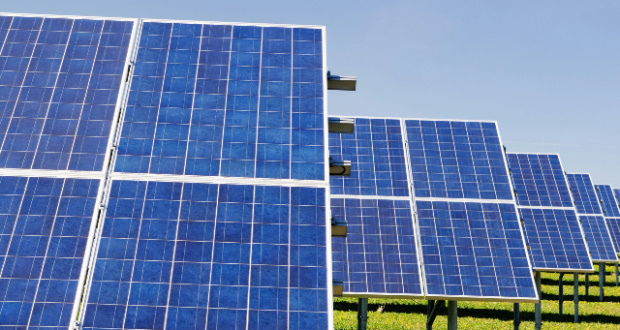The summit built on the PACC 2030 Climate Resilient Clean Energy Summit, which took place on the sidelines of US Vice President Kamala Harris’s inaugural trip to the Caribbean in June 2023, and previous partnerships with the Department of State to advance commitments adopted at the Ninth Summit of the Americas in Los Angeles in 2022. Since then, the Atlantic Council has organized a PACC 2030 Working Group and has worked closely with governments, the business community, and civil society organizations to support the implementation of PACC 2030’s objectives.
5 recommendations for implementing PACC 2030’s commitments:
- Enhance partner coordination to streamline access to resources and technical assistance
- Improve coordination among partners to create a standardized project application and approval process that alleviates administrative burdens on small governments with limited technical capacity. This can include creating templates and guidelines for project proposals, permitting procedures, and regulatory compliance.
- Create regular networking forums and knowledge-sharing platforms where stakeholders from various sectors can exchange ideas and explore potential collaborations through workshops, conferences, and online platforms that promote dialogue and partnership building.
2. Support capacity building to strengthen the regulatory environment to help scale up projects and welcome new investors
- Enhance access to technical expertise and resources through partnerships with US national laboratories, academic institutions, and industry experts to create knowledge transfer programs or country mentorship initiatives to build local capacity and expertise in key areas, including renewable energy integration, grid stability, and project management.
- Develop programs tailored to government officials, project developers, and community leaders to improve their understanding of financing options, investment structures, and risk management strategies.




